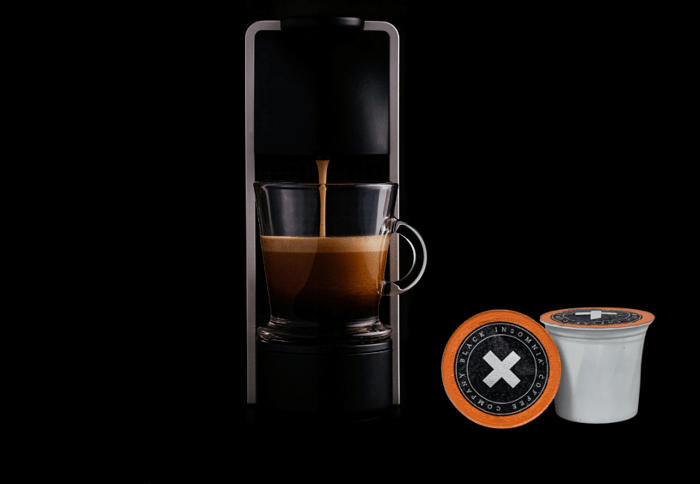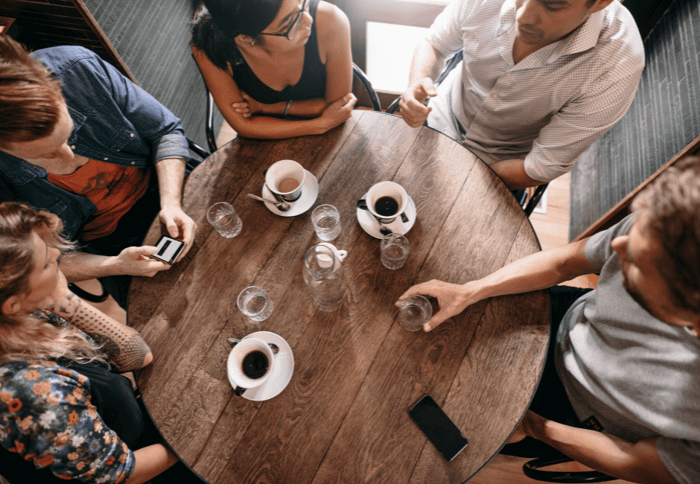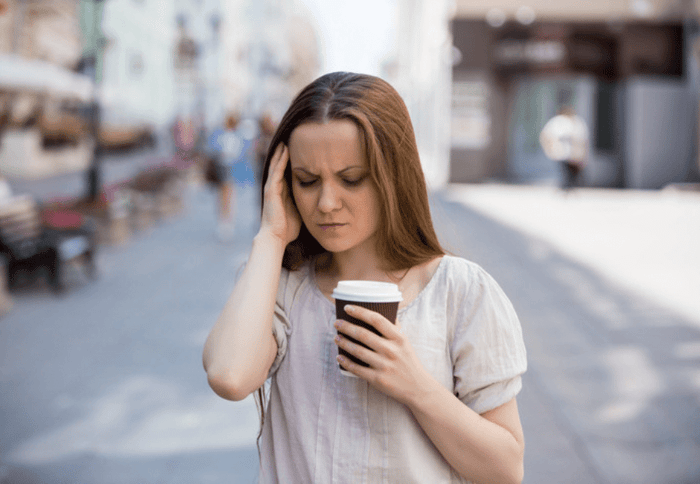We all love a mug of nice, strong coffee in the morning. And in the afternoon. And the evening.
Okay, maybe we love it a bit too much. But there's no denying that coffee is delicious and gives us the energy we need to get through the day.
And for those coffee haters out there, I say: "You just haven't had good coffee yet. Also, why the hell are you reading this? Go put together a lighthouse puzzle or something."
To the rest of you—the good people out there—I say: the caffeine in coffee has some pretty powerful beneficial effects to offer the human body. But how long does it take for that precious caffeine to actually "kick in" and give us the energy we so desperately need?
You see, when you drink coffee, the caffeine doesn't just go straight to your brain and start working its magic. That would be too easy. Instead, it has to go through a lengthy biological process first. Kind of like how you have to wait for your food to digest before you feel its full effects, or how you have to wait for medicine to be metabolized before it starts working.
First, the coffee has to be ingested. That means it has to be drunk—we'll assume you have no problem with that part.
Next, the coffee has to be absorbed into your bloodstream through your digestive system. This process starts in your stomach, where the coffee is mixed with stomach acids. From there, it moves into your small intestine, where there are a lot of tiny blood vessels. The caffeine then travels through your bloodstream to your liver.
The liver is where the caffeine is primarily metabolized (broken down into smaller molecules so that it can be used by your body.)
Finally, the caffeine reaches the nervous system. It crosses the blood-brain barrier and binds to adenosine receptors—blocking the adenosine molecules that might normally bind there. There’s a lot of science that goes on at this point, but basically, this adenosine blockade by caffeine is what gives us those alert and awake feels that we love so much.
So, how long does this whole, convoluted process actually take?
Well, that depends on a few factors, such as:
-
How much coffee you've ingested
-
Whether it’s weak or strong coffee (or somewhere in between)
-
Your own individual metabolism
-
Who your ancestors were (seriously)
- Your caffeine clearance based on your diet
Your height and weight can also affect how soon you feel the effects of caffeine.
Generally speaking, it takes about 30-60 minutes for the caffeine in coffee to "kick in." However, there are plenty of people for whom it can take as little as 10-15 minutes or as long as 2 hours. (!)
Still others report feeling the effects of caffeine immediately—but these are probably the same people who do a shot at the bar and immediately start slurring their words and talking about how drunk they are. So, you know, take that with a grain or two of salt.
The effects of caffeine are not instantaneous, but they're usually pretty fast. So if you're trying to time your coffee drinking perfectly so that you'll be alert for that important meeting or presentation, make sure to give yourself a little time to actually absorb and use the caffeine—just in case. Even better, check out our guide to timing your coffee intake for optimum alertness throughout the day.
And if you want to learn more about the science of caffeine, check out our article on what caffeine actually looks like. (Spoiler alert: it's pretty damn cool.)
Black Insomnia Extreme Caffeine - Strongest Coffee in the World

$19.99
The Strongest Coffee in the World Black Insomnia contains up to 4x more caffeine than other brands. Lab tested. Coffee-holics approved! Tired of being tired? Needing 4-6 cups of coffee just to feel sluggish by 3pm? Not anymore! Its time… read more







